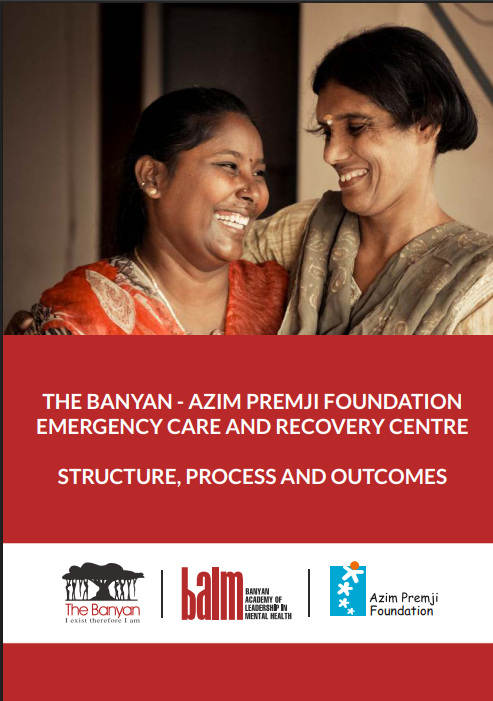ECRCs offer a range of services, including crisis support, diverse residences, collaborative care planning, opportunities for bespoke work and leisure pursuits, reintegration options and aftercare. Through 19 centres—run directly or in partnership with state and non-state partners—across India, we have provided services to over 4,599 individuals. Of these, 6 in 10 have successfully transitioned through family reunification, employment-based living, or independent housing.

